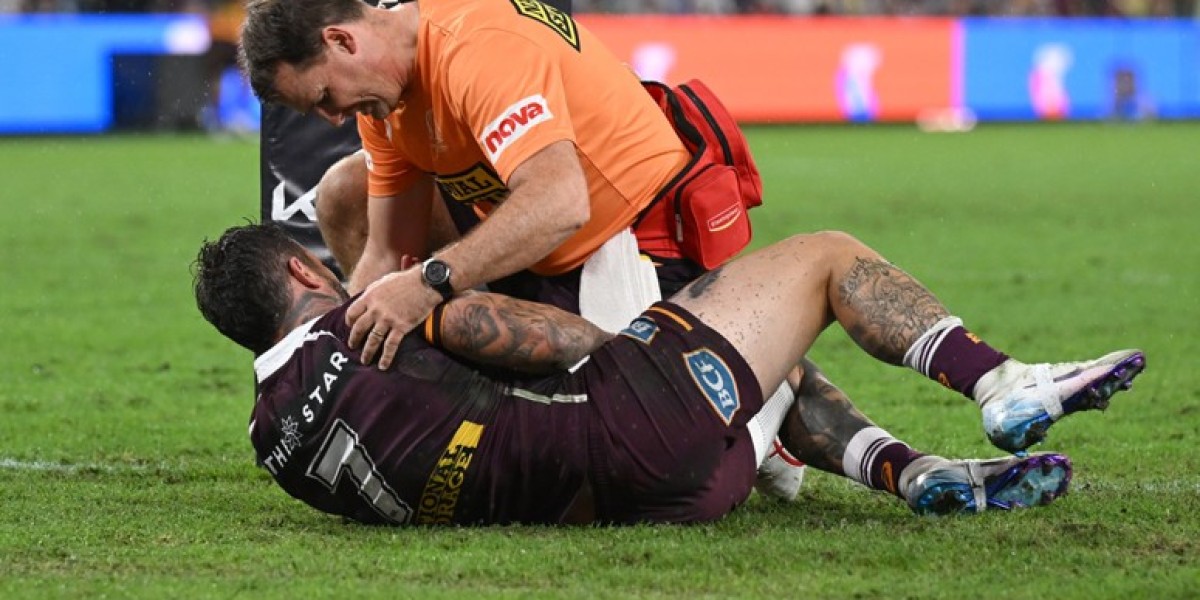 In certain states, if you have B1 or B2 visas and have been legally in the country for more than 30 consecutive days, you could be eligible to obtain a driver's license. It's important to know the procedure before applying.
In certain states, if you have B1 or B2 visas and have been legally in the country for more than 30 consecutive days, you could be eligible to obtain a driver's license. It's important to know the procedure before applying.A driving licence holds lots of information about the person who holds it, including vehicle categories and restrictions such as emergency contact blood group and much more.
Age restrictions
The requirements for age to get B1 licenses vary from state to state. In most cases, you must be 17 years old to be able to drive a car. If you qualify for Disability Living Allowance, you can apply for your provisional license when you are 15 years old. You must pass the theory test and the practical exam before getting your full driver's license.
A B1 license is a great method to get driving particularly if you are young. This will also allow you to get an employment. This kind of license is ideal for those who are planning to launch their own business, or for those who work as contractors. It can be extremely useful for those who plan to work from abroad and can assist them in locating jobs in foreign countries.
You are able to drive a car with a B1 license in the event that you are under the age of 19 and have completed one day of training in the field with an instructor who is approved. You must also not have serious traffic violations in order to be eligible for a driver's license. This permit must be renewed annually. During this time, you will need to attend a first-aid course and pass an eyesight test.
Category AM - This class covers mopeds and vehicles with unladen weights of less than 350 kilograms, excluding the weight of the battery. This category is not applicable for driving on public roads. This category is intended for four-wheel motorized vehicles that don't fall under the categories AM or BE. The vehicle can carry up to eight passengers, including the driver. Category C - This covers trailers that tow vehicles, but the combined MAM must not exceed 3500kg.
If you are a nonimmigrant (B-1, B-2 or F-1) visa, you are able to apply for a driver's license. You can legally drive in the US if you have an unimmigrant visa (B-1 B-2, B-1 or F-1). However, you must provide your passport as evidence of visa when applying for a driver's license.
Education requirements
 The B1 driving license is an official document which allows drivers to drive on the territory of their country and in many foreign countries. It is the easiest to get and, in certain countries, it's free of charge. In order to qualify for this permit, you must meet a few basic requirements, including having an official driving license and passing the theory test.
The B1 driving license is an official document which allows drivers to drive on the territory of their country and in many foreign countries. It is the easiest to get and, in certain countries, it's free of charge. In order to qualify for this permit, you must meet a few basic requirements, including having an official driving license and passing the theory test.Drivers must complete several lessons at a driving school prior to taking their test. These lessons are taught by licensed instructors and are usually held in the evening. They are split into general lessons for all students, and specialized lessons for certain kinds of vehicles. Depending on the type of vehicle and size of the vehicle, the pupil might need to attend several lessons to pass the test.
If a person passes the theoretical test, they will receive a provisional licence. This allows them to drive a car in the event that they are accompanied by someone with a full driving licence. In most cases, this is a parent or guardian, however it could be someone who is a relative or friend of the driver. In many countries, drivers must undergo a medical exam and have good eyesight before they are able to obtain a full driving license.
The test is a theory one. It's a multiple choice exam. It covers questions about road signs, rules and diagrams. Candidates must answer 25 questions within eight minutes. The questions are based on details in the handbook for drivers, which is given to all drivers during the test. The test is conducted in a local testing centre, and the questions are in English.
It is essential to understand how the weight limit works when you are planning to drive a van. A driver with an a license of category B can drive a vehicle that weighs up to 400 kg when unladen, or 550 kg when carrying goods. This weight is determined by the maximum allowed gross vehicle weight (GVW), which includes the weight of the driver as well as passengers. You will have to pass an additional test if you want to drive heavier vehicles.
Practical test
A b1 driving license is a legal document that permits the driver to operate vehicles of light weight. It can be obtained by passing an exam in the form of a theoretical (written) test and an examination in the form of a driving test that is official by the government. This licence is valid in the country, as well as many other countries. To be eligible for this license, the applicant must meet certain requirements, including a certain age and payment of fees.
The test in the practical requires the candidate to drive a car and demonstrate they can safely and safely control it on the road. The examiner will assess the candidate's performance by observing their handling of the vehicle and assessing if they follow traffic laws and signals. The examiner will evaluate the candidate's comprehension of traffic rules and perception of dangers. The examiner will also assess the candidate's ability to understand the impact of weather conditions on driving conditions.
It is recommended to take as many practice sessions as you can for the driving test before taking it. You can improve your chances of passing and avoid costly mistakes by practicing as many times as possible. It can also save time and money. You can take a number of mock tests to gain a feel of the actual test. The mock test will not only assist you to improve your driving abilities, but it can give you an idea of what you can expect on the day of your test.
You must be at the testing centre just a few minutes prior to the time of your appointment. If you are late, the test could be cancelled. You must bring both the photocard license and the certificate of passing the test in theory. If necessary you will also be required to provide a health certificate.
Category B1 is a driving license for motor vehicles with four wheels, up to 400 kg unladen or the equivalent of 550 kg if they're specifically designed to carry goods. It is also able to drive motor tricycles as well as quadricycles, as long as they don't weigh more than 550 pounds. If you plan to drive larger vehicles, you must look into obtaining the category C license instead.
Theory test
The theory test is a crucial element of the licensing process. The theory test is the initial step in obtaining a B1 driving licence and must be completed prior to you can take the practical test. It can be challenging to pass the test, but with practice and a variety of mock tests, you can improve your chances of passing. The theory test consists of an multiple-choice test with between 20 and 40 questions. The questions vary in difficulty, and you will be penalized if you answer the wrong question. The b1 test focuses on driving laws including hazard perception and traffic signs.
You can prepare for the test in the form of reading official books, or by using online resources to prepare for it. You can also prepare for the test by participating in training courses and other programs. Some of these are free however others might cost an additional fee. You can learn through an instructor or driving school.
You will be awarded an official certificate after you have completed the theory exam. This can be used to book your practical exam. This certificate can be used for ten years, and it will be valid until you turn 75 (female) or 60 (male). You can take your theory exam multiple times if you want to however, you have only two years after passing the theory test to pass the practical exam.
The b1 license is a subcategory of category B. It allows you to drive vehicles that can hold up to eight passengers or trailers weighing up to 750kg. It is the perfect option for suspension Du permis de conduire et permis retiré those who wish to to drive larger vehicles but doesn't want to drive a van.
The license is valid for five years, and is able to be extended for 10 years if the driver has completed an exam to refresh. To be able to obtain a license the driver must undergo a medical exam. This must be completed within six months of taking the test. Drivers must also pay a yearly fee in order to renew their licence.






